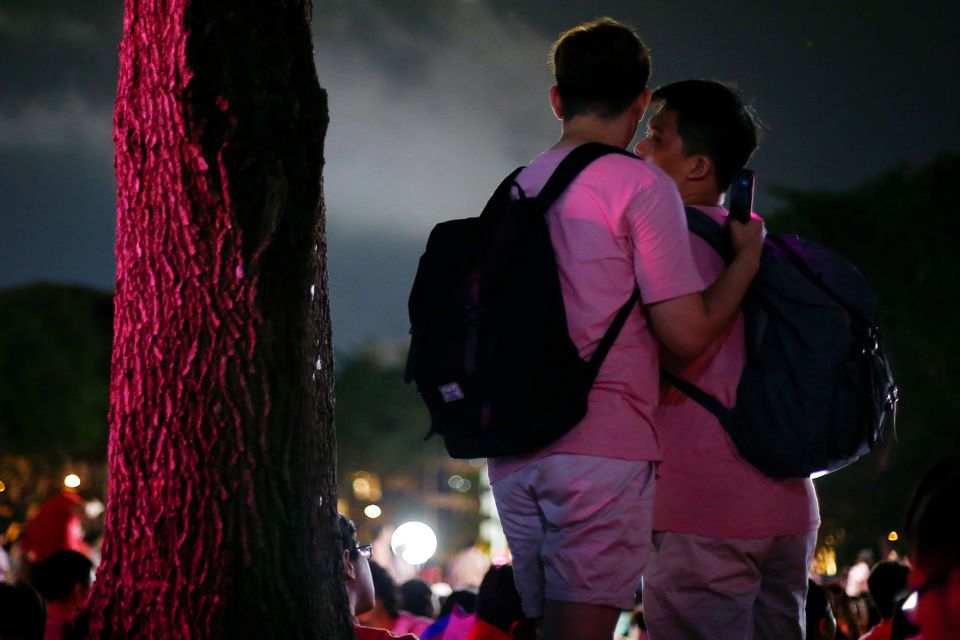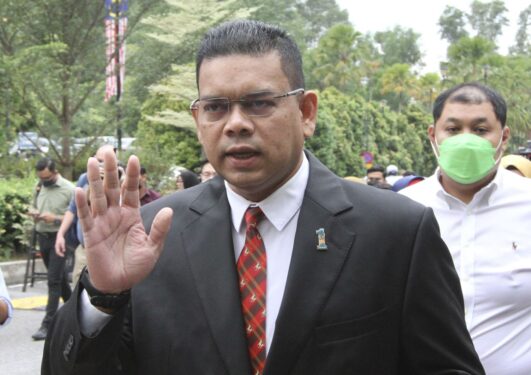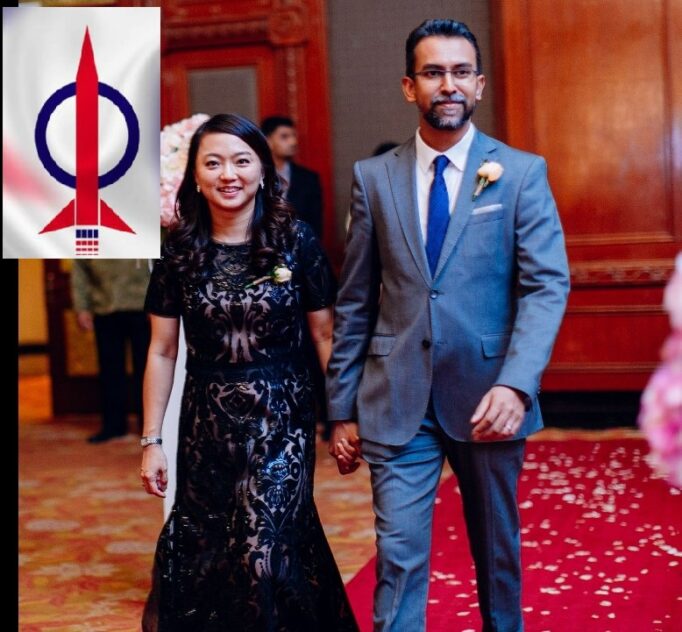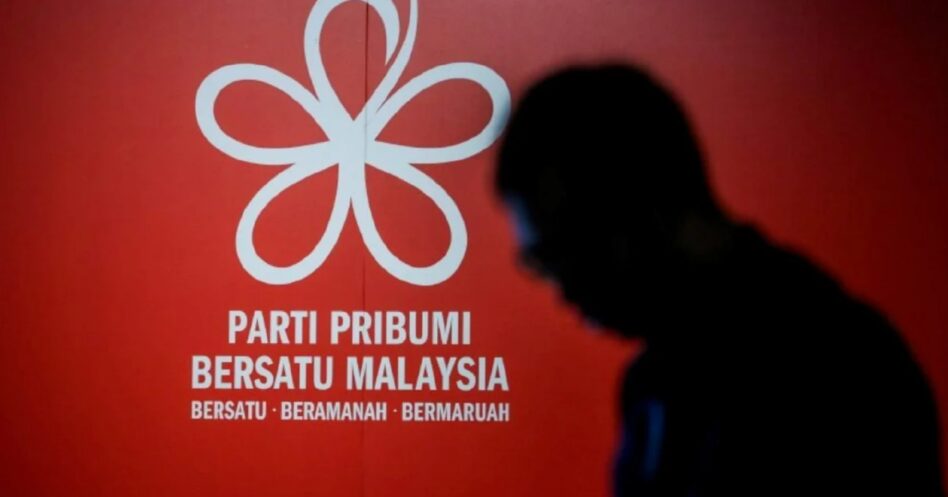SECTION 377A of the Singaporean Penal Code, providing for the prohibition of sex between men, has been in force since British colonial rule.
Malaysia’s Penal Code also provides for a similar offence, under Section 377A as well: sexual connections with another person by the introduction of the penis into the anus or mouth of the other person, which is deemed as carnal intercourse against the order of nature.
Apart from Singapore and Malaysia, former British colonials where such a law still exists include Brunei, Pakistan, Bangladesh, Sri Lanka and Myanmar.
Other commonwealths, such as India, Seychelles and Fiji, have since scrapped their laws on this, which opponents have described as irrational, indefensible and manifestly arbitrary.
In Singapore, there have been cases challenging the constitutionality of Section 377A since 2010 but none of them succeeded. On Aug 21, however, Singaporean Prime Minister Lee Hsien Loong announced that the city-state will be repealing Section 377A.
The stance of the Singaporean Government makes the country the fourth in Asia to take legal efforts to end discrimination against the lesbian, bisexual, gay and transgender (LGBT) community, after Taiwan, Thailand and India.
“Inconsistency with the constitution”
The repeal decision likely considered the risk of Section 377A potentially being struck down due to its inconsistency with Article 12 of the Singaporean constitution on equality, after a court decision in February this year.
Another consideration was that Section 377A was introduced in the 1930s, and reflected the moral values and social norms back then; scientific and medical understandings of homosexuality have since improved.
The decreasing support from Singaporeans on Section 377A – from 55% to 44%, as per a recent Ipsos study – shows changing attitudes towards same-sex relationships in Singapore.
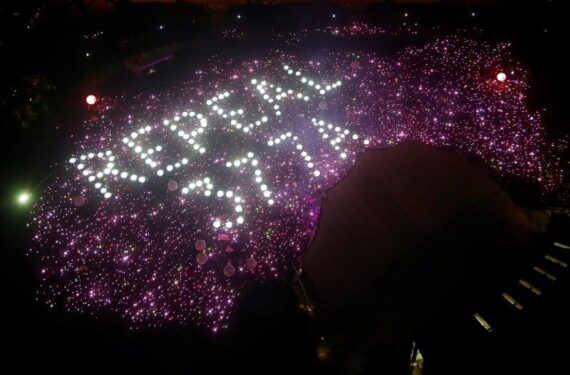
It is also clear that such a move by the Singaporean Government aims to provide more space for homosexuals to live their lives and contribute to society.
Lee’s remark – that Singapore needs to find the right way to reconcile and accommodate both the traditional mores of society and the aspiration of gay Singaporeans to be respected and accepted – reflects the view of Roscoe Pound, a leading American scholar and chief advocate of sociological jurisprudence.
Pound had said that the purpose of the law is to achieve the maximum satisfaction of the needs with minimum friction and commotion.
Both pro-repeal and pro-family groups secured their demands, with each taking a step back; while the city-state recognised the rights of the LGBT community by decriminalising Section 377A, it will also undertake to retain the basic family structure of marriage between a man and a woman.
In the case of Singapore, its citizens’ support for decriminalisation acted as the catalyst for the repeal of Section 377A. Regrettably, what works for some may not work for others.
Homosexuality in Malaysia
Malaysia is a Muslim-majority country and the Federal Constitution provides for the federal religion – i.e Islam (in which homosexuality is deemed to be forbidden). Besides that, every Malaysian would agree that homosexuality is taboo in our society.
In 2021, Malaysia sat at the bottom of Ipsos’ Global Survey of Attitudes towards LGBT, registering a greater opposition against the LGBT community as compared to other countries.
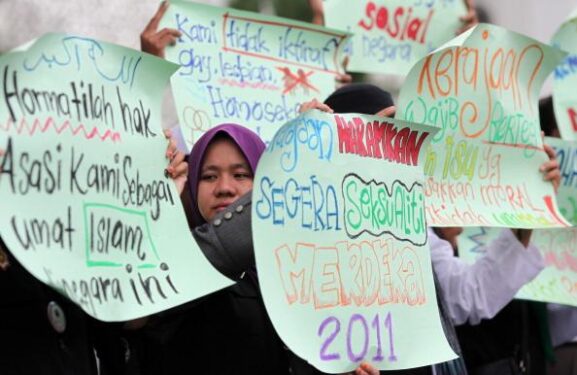
A notable philosopher, Montesquieu (1689-1755), once propounded that the law of a nation shall be determined by its characteristics, and should be “in relation to the climate of each country to the quality of each soul, to its situation and extent, to the principal occupations of the native”.
Taking the religious background and public opinion into account, it is germane to say that decriminalising Section 377A of the Malaysian Penal Code appears to be a tough row to hoe; for policies to take off, political will must follow.
When the majority of voters are against homosexuality, it goes without saying that the Malaysian Government will not repeal Section 377A, for whatever political reasons. Nonetheless, Section 377A should be repealed in Malaysia to adopt a more accommodating approach by respecting human rights for all, including the LGBT community.
Prime Minister Datuk Seri Ismail Sabri Yaakob has launched the Keluarga Malaysia concept. It advocates the idea that Malaysians are one family, regardless of religious, racial, and ethnic boundaries, and the value of inclusivity.
How about our fellow Malaysian LGBT community? Are they not part of our Malaysian family?
Should Malaysia continue to be hostile against the community despite the fact that scientific evidence shows that sexual orientation cannot be voluntarily changed?
One point that the legislature and Malaysians at large should ponder upon: Considering Article 8 of the Federal Constitution (that deals with the prohibition of discrimination), why do LGBTs not have the equal right to consensual sex as non-LGBTs do?
To opponents: if you are objecting to the repeal of Section 377A on religious grounds, do not turn a blind eye to Article 11 of the constitution that guarantees the freedom of religion.
And if you are objecting to the repeal on the risk of being subtly influenced (as some opponents claim), you might have underrated the strength of faith, if any. – Aug 23, 2022
H’ng Zong Xian and Evien See are law students and FocusM readers.
The views expressed are solely of the authors and do not necessarily reflect those of Focus Malaysia.
Main photo credit: Reuters


